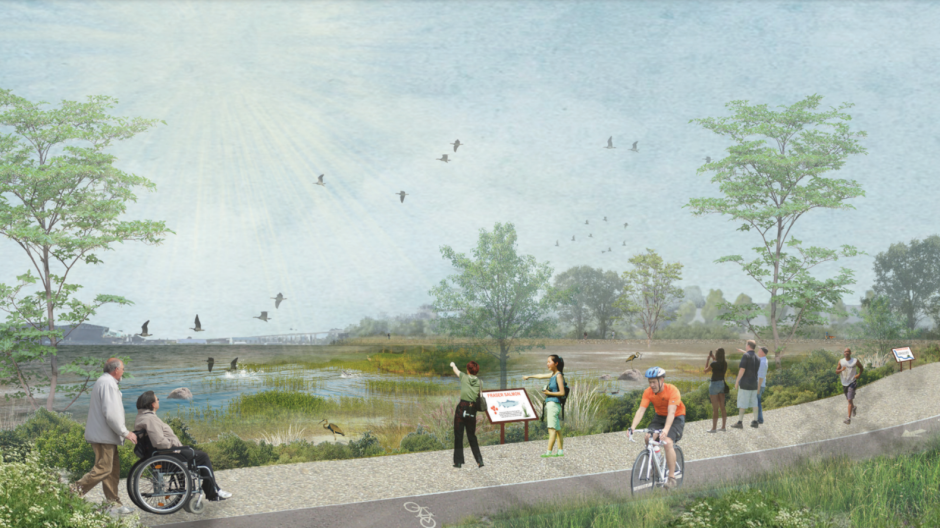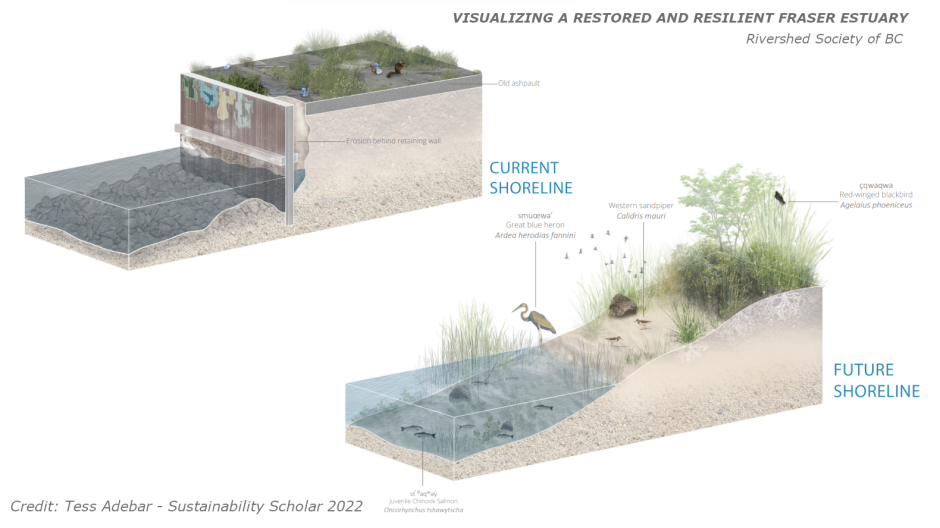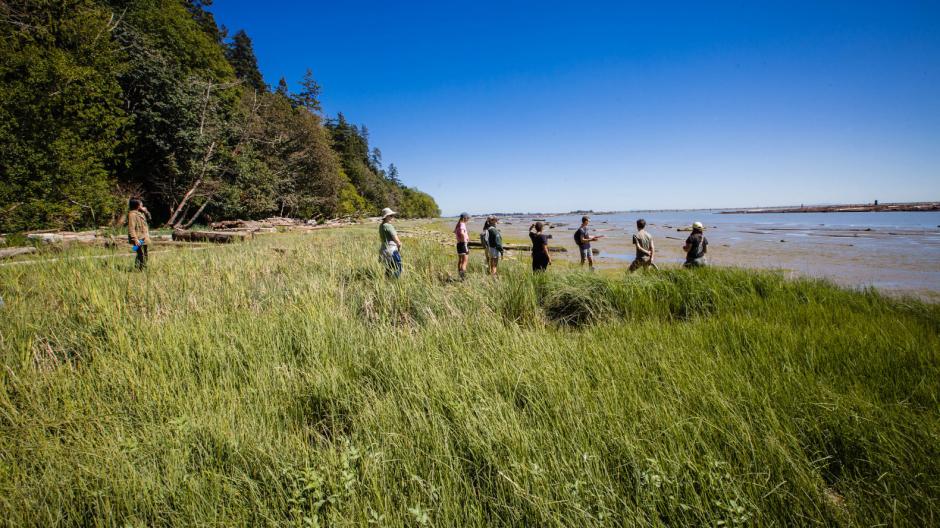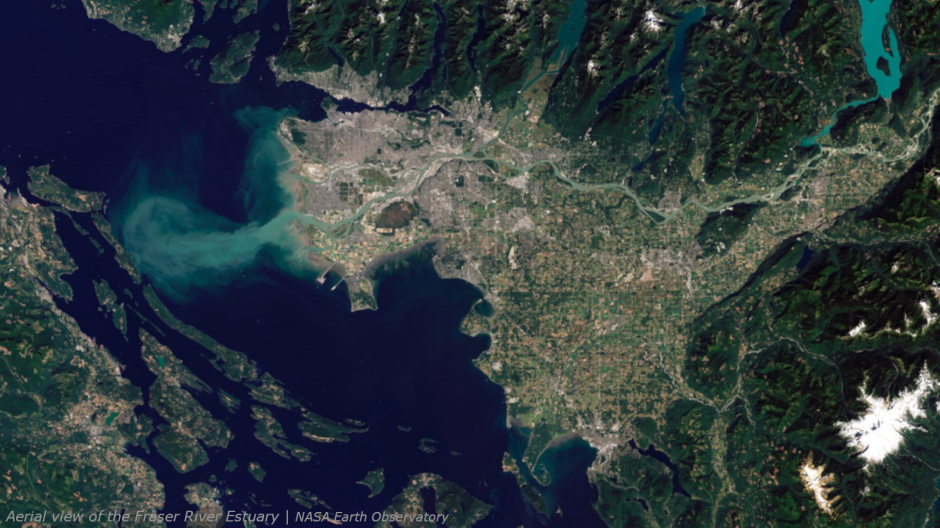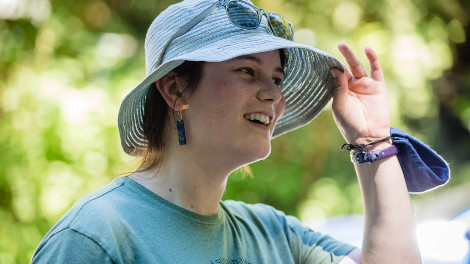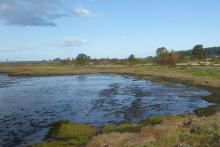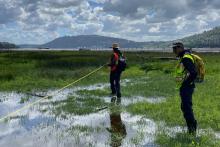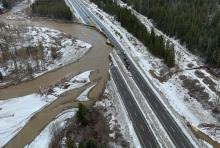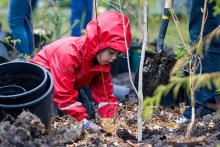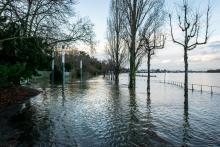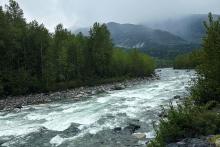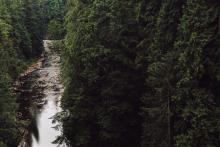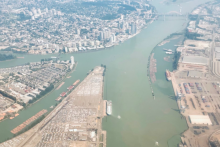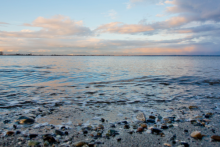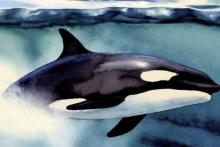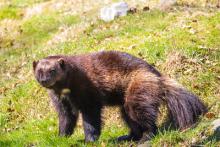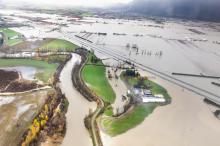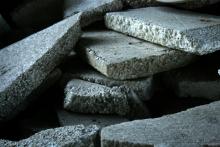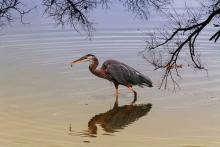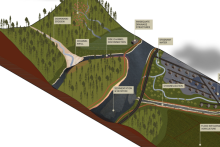Overview
The Fraser Estuary Research Collaborative (FERC) was generously supported with three years of funding from the Sitka Foundation. Between summer 2022 and summer 2024, cohorts of Sustainability Scholars worked with mentors from NGO and other partner organizations to produce applied research on the critical and highly imperiled estuarine ecosystem adjacent to the UBC Vancouver campus.
IMPACT REPORTS
Download and read reports to learn more about the twenty-eight Sustainability Scholars projects and their important contribution towards revitalizing the health, abundance, diversity and resilience of the Fraser River Estuary.
Funding Scholars
Climate change, biodiversity loss, and growing inequality are some of the most urgent issues facing our world today. Support from donors will enable students in the Sustainability Scholars Program to make a direct impact through organizations doing the on-the-ground work needed to address climate change and other critical sustainability challenges.
FEATURED PROJECTS
Explore projects completed by Sustainability Scholars for the Fraser Estuary Research Collaborative.
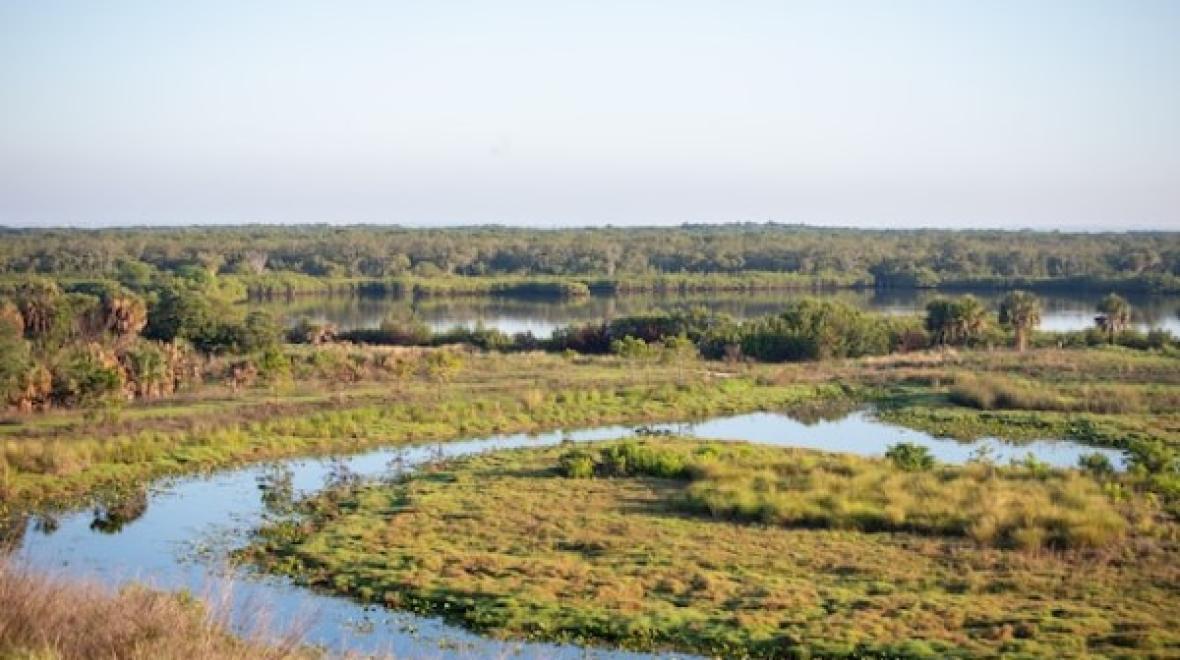
Visualizing a Restored and Resilient Fraser Estuary: A Graphic Rendering of North Arm Intertidal Habitat Park
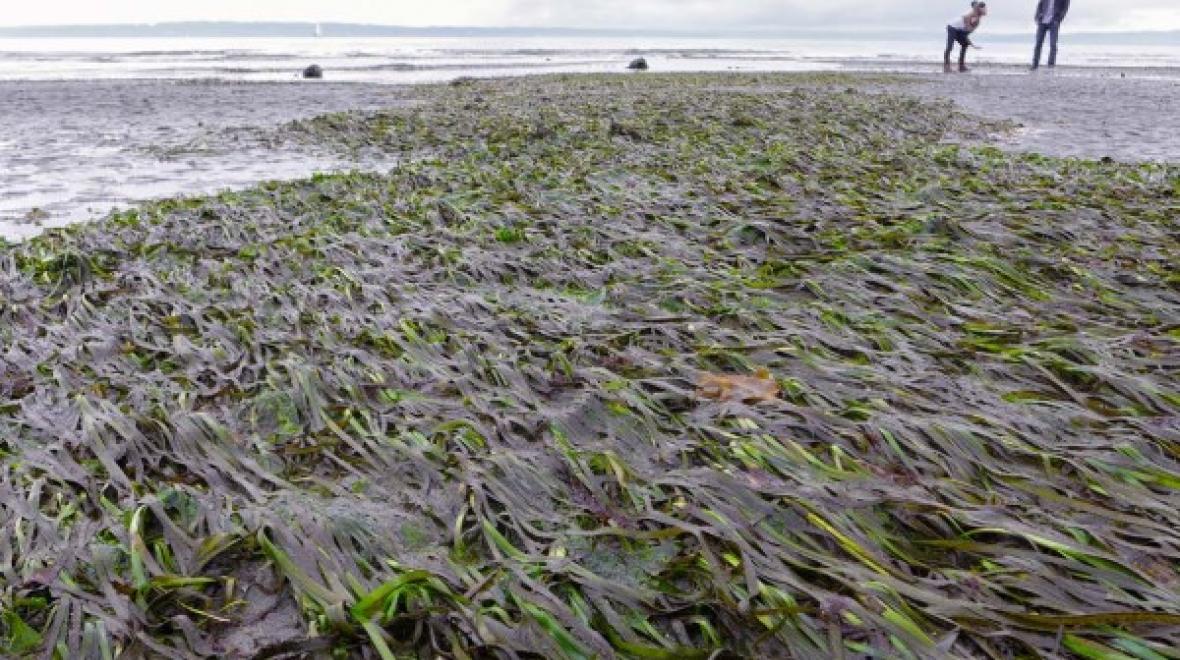
Challenges and opportunities to accelerate eelgrass and saltmarsh conservation and restoration in the Fraser River estuary

Climate Change Indicators for Pacific Salmon in the Fraser River estuary
WORK WITH US
The Fraser Estuary Research Collaborative, through the Sustainability Scholars Program, provided paid internship opportunities to UBC graduate students with NGO partners working on applied research projects that advance protection and restoration of the Fraser River Estuary.





